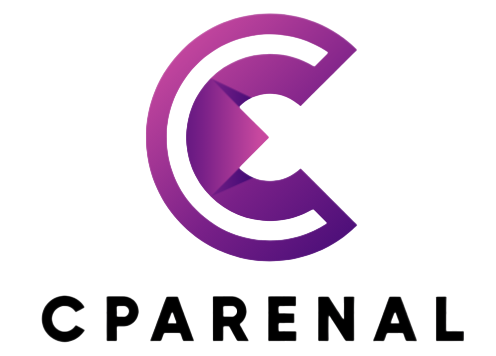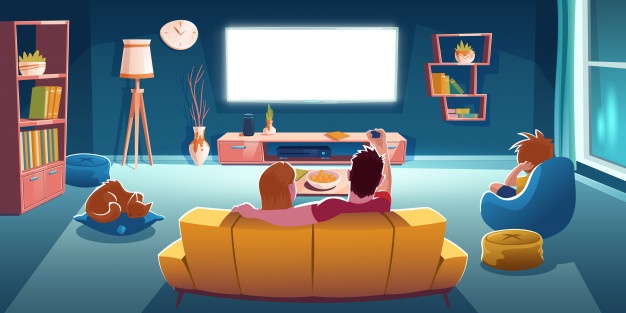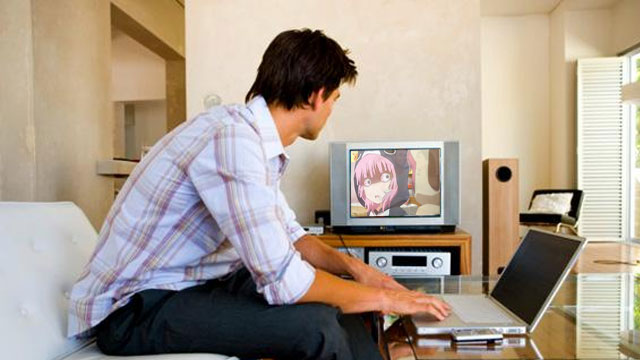
Should those who illegally download music and movies be prosecuted?
Trademarks, design rights, patents, and copyright are examples of intellectual property rights. With the popularity of the Internet, unauthorised downloading has become a major source of worry since it results in copyright infringement. Copyright infringement is the practise of utilising works protected by copyright law without permission, therefore infringing on certain exclusive rights granted to the copyright holder, such as the right to reproduce, distribute, exhibit, or perform the protected work, or to create derivative works. When homes gained access to the internet, unauthorised music downloading became prevalent. Similarly, individuals began to download free movies, e-books, and video games. So, for music you can choose mp3juices downloads to hear songs offline.
Copyright holders – usually the creator of the work, or a publisher or other entity to whom copyright has been transferred – commonly refer to copyright infringement as “stealing” or “piracy.” However, several scholars and activists have questioned the use of the phrases theft and piracy. Many people claim that illegally downloading music, books, movies, TV shows, and video games should not be penalised since it promotes equality and innovation.

Is unlawful downloading considered theft?
With the popularity of the Internet, many of its users now have access to content that, although being protected by copyright laws, are publicly available and may be downloaded unlawfully for free, typically via peer-to-peer (P2P) file-sharing programmes, networks, and apps. When you try hearing music offline you can try to download from mp3juices downloads, which may have easy procedures to download your favourite songs.
Law enforcement has made significant efforts to combat internet sites that allow individuals to distribute protected goods, often music, movies, TV shows, books, software, and videogames. Although some intermediates, were not responsible for distributing the copyrighted content, they were hauled to court because they were perceived as promoting, allowing, or facilitating this exchange. Users who shared copyrighted files have sometimes faced severe penalties. Today, the net neutrality paradigm, which aspires for non-discrimination of content, no blocking, and no throttling, makes it more difficult for Internet service providers and governments to crack down on copyright violation.



